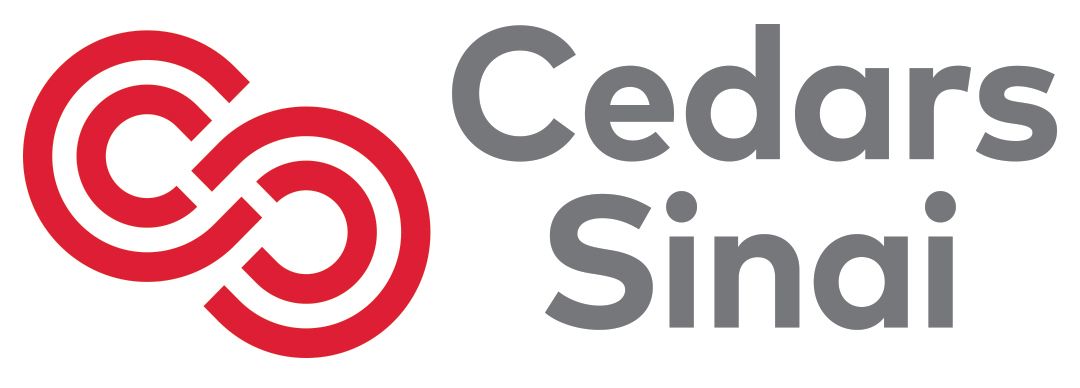
Dr. Figlin on the Plethora of Novel Agents in RCC

Robert A. Figlin, MD, the Steven Spielberg Family Chair in Hematology-Oncology and associate director of academic program development in the Samuel Oschin Comprehensive Cancer Institute at Cedars-Sinai Medical Center, discusses the major novel agents at the forefront of the treatment landscape of renal cell carcinoma.
Robert A. Figlin, MD, the Steven Spielberg Family Chair in Hematology-Oncology and associate director of academic program development in the Samuel Oschin Comprehensive Cancer Institute at Cedars-Sinai Medical Center, discusses the major novel agents at the forefront of the treatment landscape of renal cell carcinoma.
According to Figlin, the treatment paradigm of kidney cancer remains a very dynamic and evolving place for novel therapies.
In the past couple of years, 3 agents have emerged that produce overall survival benefits and make it easier for oncologists to have a conversation with patients about their options. These agents are nivolumab (Opdivo), cabozantinib (Cabometyx), and everolimus (Afinitor)/lenvatinib (Lenvima). Though each of these drugs have produced survival benefits, they all have different mechanisms of action, explains Figlin. Lenvatinib targets both FGF as well as VEGF, cabozantinib targets MET and VEGF, and nivolumab targets PD-L1/PD-1.
This has resulted in a variety of treatments that have been compared with everolimus, but they have never been compared with one other. This makes it somewhat difficult for physicians to know how to choose which treatment suits which patient, says Figlin.




































